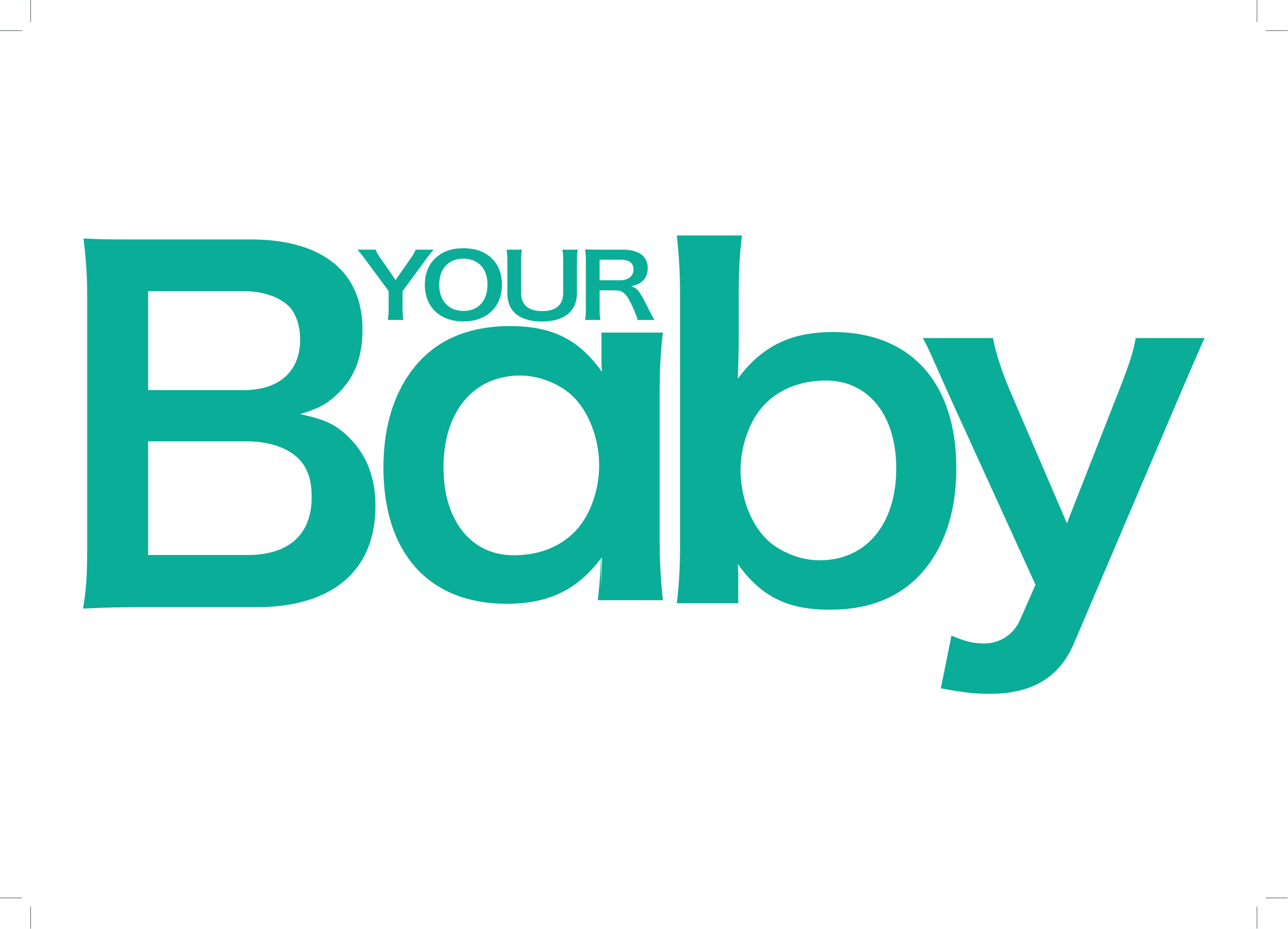
Common newborn myths are perpetuated by family, friends and society. Some are silly, some are dangerous…
1. Your newborn's head feels warm so he has a fever
Feeling your baby’s head or forehead is not an accurate assessment of fever. Always feel the back of your child’s neck or his chest or abdomen area. If these areas feel warm to the touch, use a thermometer for an accurate reading of fever.
2.. Newborns poo everyday
How often he poos will depend on whether your child is breast- or formula-fed in those first weeks. Breastfed babies do not really need to poo every day as breastmilk is considered to be more easily (and wholly) digested. Sister Ida Pretorius of Ida’s Baby Clinic who is a specialist in advanced neonatal nursing says, “Breastfed babies can pass seven stools in a day or one stool every seven days.” Formula-fed babies usually need to poo every day or every second day to feel comfortable. As a mom it’s easy to panic when your baby hasn’t pooed for days and assume it’s constipation. Ida advises moms to check the type and consistency of your baby’s poo rather than frequency. Normal stools can be likened to the consistency of yoghurt or toothpaste. Your constipated baby will have hard, sticky, dry or pellet-like stools. Watch for any blood from anal fissures.
3. Placing a coin on a protruding belly button helps it pop back in
A protruding belly button is usually caused by a defect in the wall of your baby’s abdomen and is also known as an umbilical hernia. It is not due to the doctor pulling or cutting the cord at birth. The protrusion should disappear by the time your child is one year old.
- Also see: 100 amazing facts about pregnancy
4. Pull on the umbilical cord stump to help it fall off
This is one of the worst things you could do. Ida explains, “The umbilical stump is attached to main arteries and veins inside the body. Should it tear (which doesn’t easily happen), your baby may bleed uncontrollably.” Look after your baby’s umbilical cord stump carefully to ensure it heals and falls off naturally. Gently wipe the area clean with cotton wool dipped in surgical spirits at each nappy change. Allow the stump to air. Never tug or pull at the stump. Let it fall off on its own. There could be a little blood and soreness for a day or two but with the stump falling off by itself, the navel will be completely healed. Call your doctor if your baby is running a fever, there is bleeding from the end of the cord or area near the skin, the stump oozes pus, or there is swelling or redness.
5. My newborn is sneezing so he was born with a cold
It’s more likely that his body is adjusting to environmental temperatures. Lint, milk or saliva may also get up his nose and so he will be more inclined to sneeze it out.
6. If your baby has colic, changing formula will help
No matter what your reasoning, never change your baby’s formula without properly consulting with your clinic sister or paediatrician first. Ida warns, “It’s completely hazardous if and when parents self-treat their babies with formula milk. It takes the baby’s system up to seven days to adjust to the new formula. Some parents make two or three formula changes within those seven days!”
7. If your newborn looks into a mirror he will develop a squint
At birth your baby is able to focus on objects at a distance of at least 20cm away. Beyond this he can detect light, colours and shapes but it’s all a bit blurry for now. You may notice your baby’s eyes may not function as a team, seem misaligned or squint. It takes at least three months for your child’s eyes to align properly. If the squint persists, seek medical advice.

iStock
8. Holding your baby will spoil him
Research has proven that babies who are held close by their parents and whose needs are attended to when they cry, grow up to be children who have a good self-image and perform better at school.
9. If your baby has colic, changing formula will help
No matter what your reasoning, never change your baby’s formula without properly consulting with your clinic sister or paediatrician first. Ida warns, “It’s completely hazardous if and when parents self-treat their babies with formula milk. It takes the baby’s system up to seven days to adjust to the new formula. Some parents make two or three formula changes within those seven days!”
10. It’s not safe to go outside
Most parents are concerned about taking their newborns out and about in the weeks following birth. In fact, their moms and older family members tell many not to. In some cultures it’s even customary for mom and baby to be kept indoors for a month or so until they are allowed out of the house. However, medical experts say there is no real reason not to take your healthy new baby out of the house. A walk in the park offers fresh air and a change of scenery for you and your baby, and if you are breastfeeding your milk is helping to build baby’s immunity. Limit time in crowded spaces though.
11. Drinking orangejuice during pregnancy will give my baby jaundice
Jaundice results when there is too much bilirubin in the blood and symptoms include a yellow colouring of the skin or the whites of the eyes. Bilirubin is produced when red blood cells are broken down and processed by the liver to be passed out in your baby’s meconium. However, your newborn’s liver functioning is still immature and may not be able to adequately rid his body of the bilirubin. Jaundice is usually present two days after birth and clears in two weeks. If your baby appears to have jaundice (is very sleepy, yellow and doesn’t wake up to feed), seek medical advice as soon as you can.
Read more:




 Publications
Publications
 Partners
Partners










